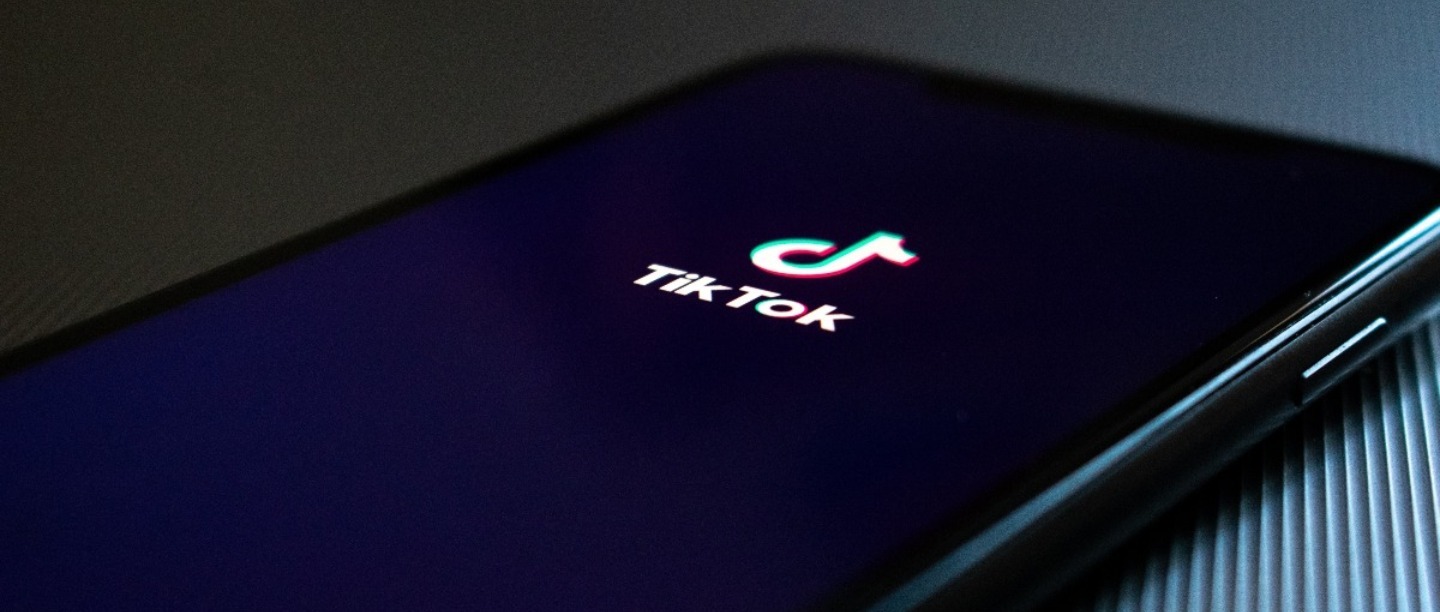
Earlier today, a cybercrime complaint was filed against TikTok star Faizal Siddiqui after the National Commission of Women took cognizance of one of his viral videos and reached out to Maharasthra police regarding the same. The NCW chairperson, Rekha Sharma, tweeted that she has reached out to both TikTok as well as Mumbai Police regarding the objectionable content of the video and how it glorifies acid attack.
In the video, Siddiqui can be seen reprimanding a woman for leaving him for another man and then taking up an aggressive stance and throwing some liquid on her face. The NCW has thus written to TikTok India seeking actions against Siddiqui’s account and immediate removal of the video for propagating violence against women.
While the controversial TikTok video was posted around a month ago, it recently went viral on Twitter after it was called out for the blatant show of misogyny and violence against women. Soon after the video went viral, the Twitterati joined in to reprimand Siddiqui as #BanTikTok started to trend in India. Here’s what they have to say:
Currently, Siddiqui has a TikTok following of over 13 million and over 400k on Instagram. His brother, Amir Siddiqui, also happens to be a big TikTok sensation and even has a verified Instagram account, the caption of which suggests that he is a social media ‘influencer.’ He was recently in the limelight after the recent TikTok vs YouTube controversy took off on YouTube.
Faizal’s problematic video and the entire TikTok vs YouTube controversy actually lays bare the dark truth of ‘influencer’ culture in India. At some point or the other, we have all come across TikTok videos of men pushing around women violently or jaded lover’s trying to teach women a lesson, all of it presented in a playful manner and with the garb of entertainment.
It is rather alarming to see the overt show of misogyny and other problematic mindsets on these easily accessible video platforms. And no, it is not about the YouTube vs TikTok debate. The problem goes way deeper and resonates equally in both factions. The other day Carry Minati’s viral YouTube video was also taken out for the transphobia and homophobia language it had. And the need right now is to inspect the strong vein of toxic masculinity and misogyny that guides them all so much so that all these self-proclaimed ‘artists’ need to show each other down through derogatory remarks and abusive language. Well, one look at the kind of followers that they boast of and you’d know how deep-seated the current problem is.
A while ago, Faisal took to Instagram to post an explanation for the video and shared that the video doesn’t depict or connote to any instance of acid attack and it was supposed to be interpreted as only water. Okay cool, even if it’s water, we still don’t understand his aggressive stance and the entire act of throwing anything on the woman who features in the video. But first, read what has had to say:
Faizal’s video not only displays his own problematic mindset but also in a way absolves those men who adhere to rigid, sexist stereotypes of how to be a ‘man’ and men who perpetrate violence against women. It acts as an explanation for their aggression and something so wrong that it can never be excused no matter what.
The point being that misogyny and violence against woman start way before acid attacks, it starts with the narrative of ownership, it starts with the normalisation of this aggression towards them, it starts with the propagation of toxic masculinity, and it starts with the need of seeking revenge from a woman who said ‘NO’. There are just so many ways in which this manifests and there is just no way we are excusing all of that.
Featured Image: Twitter